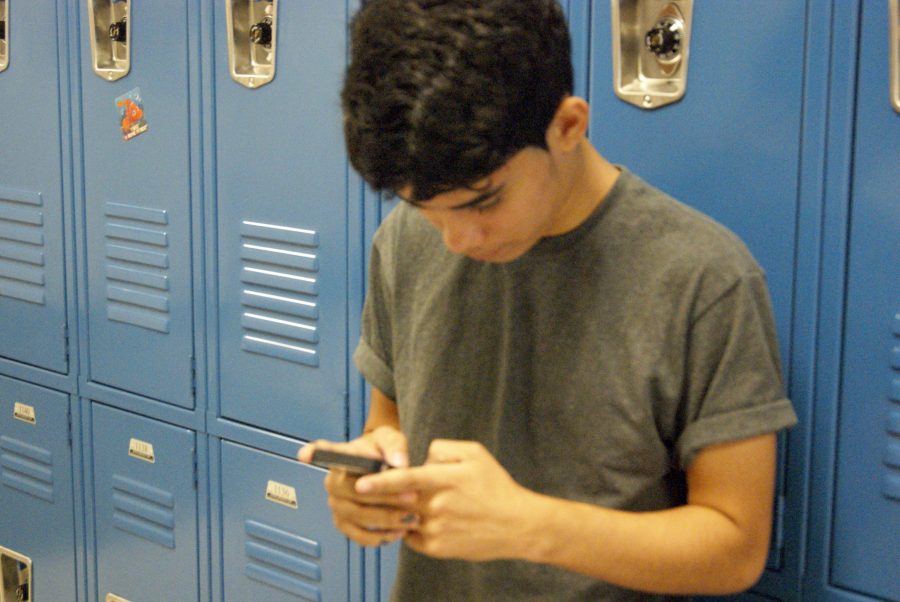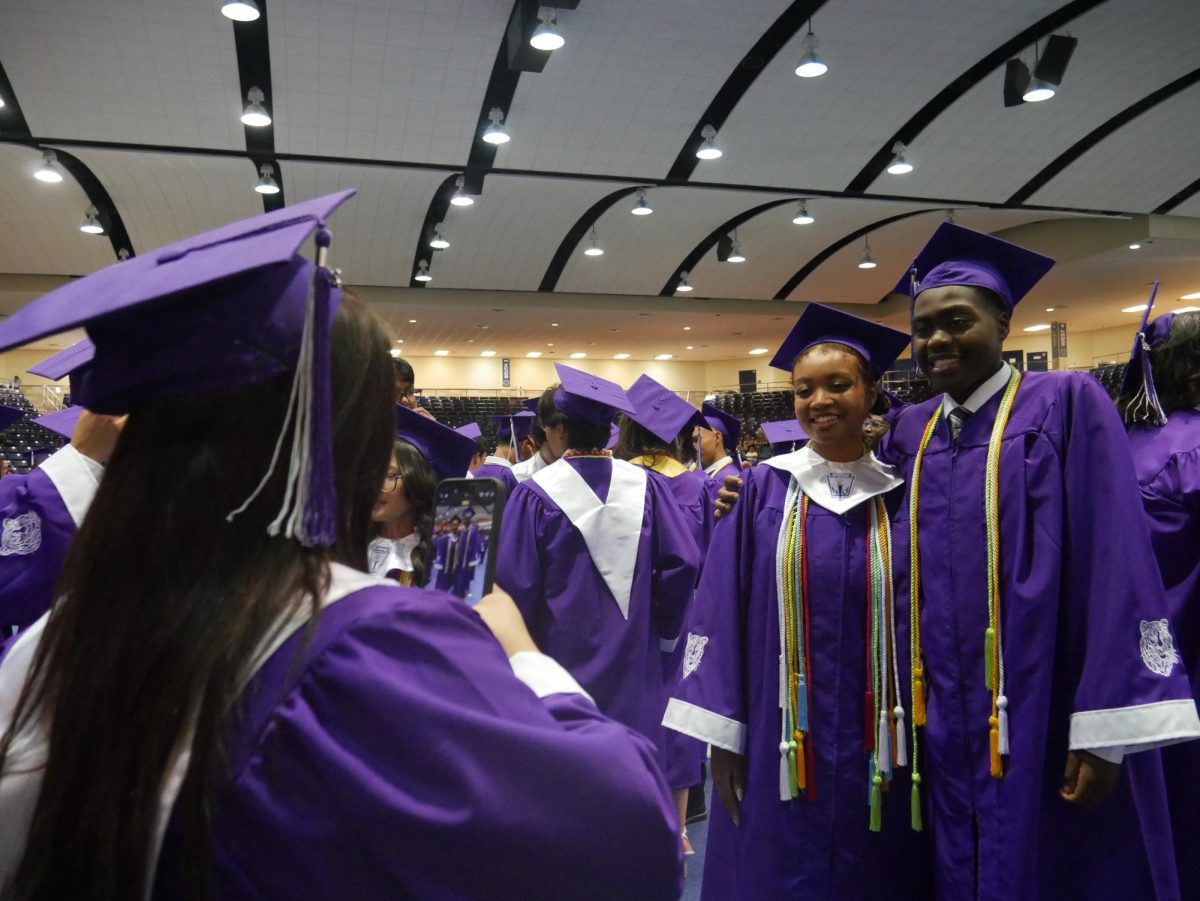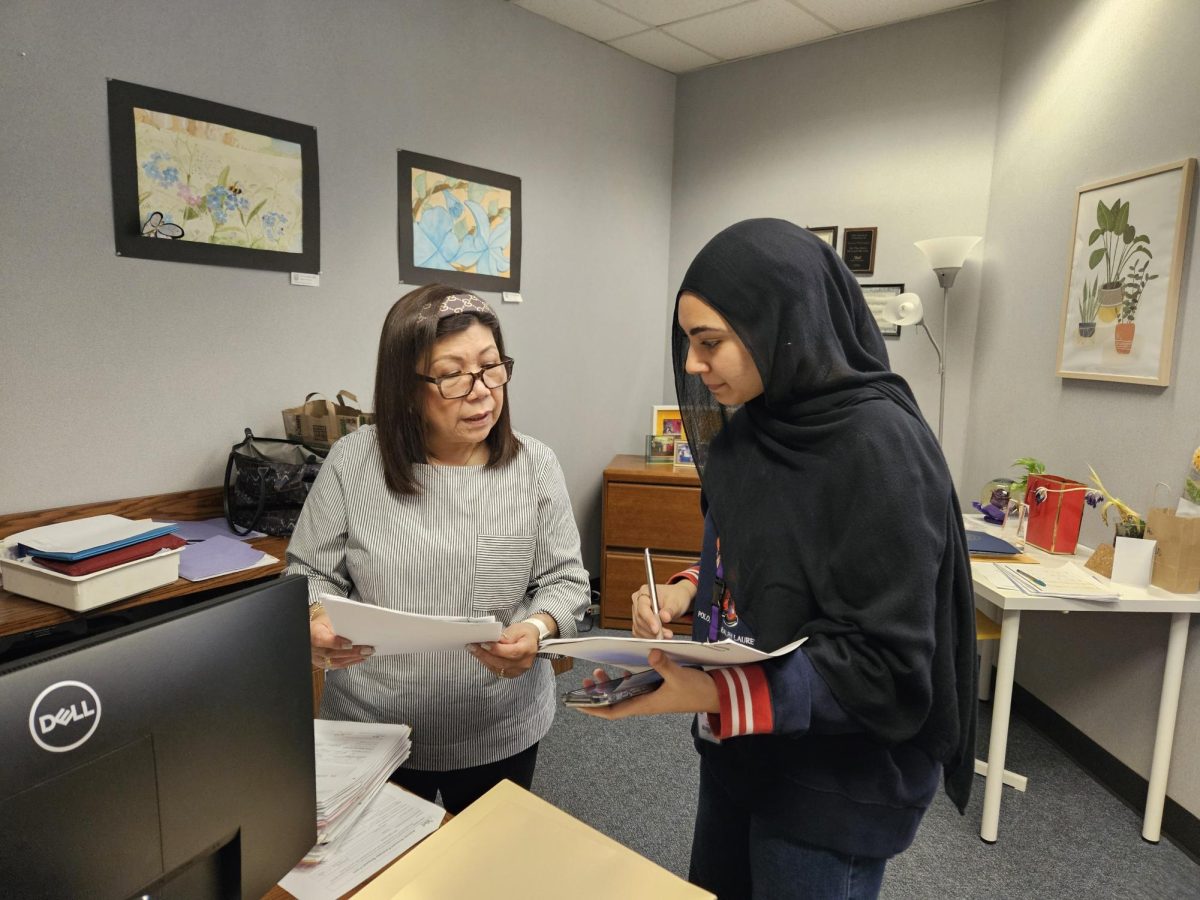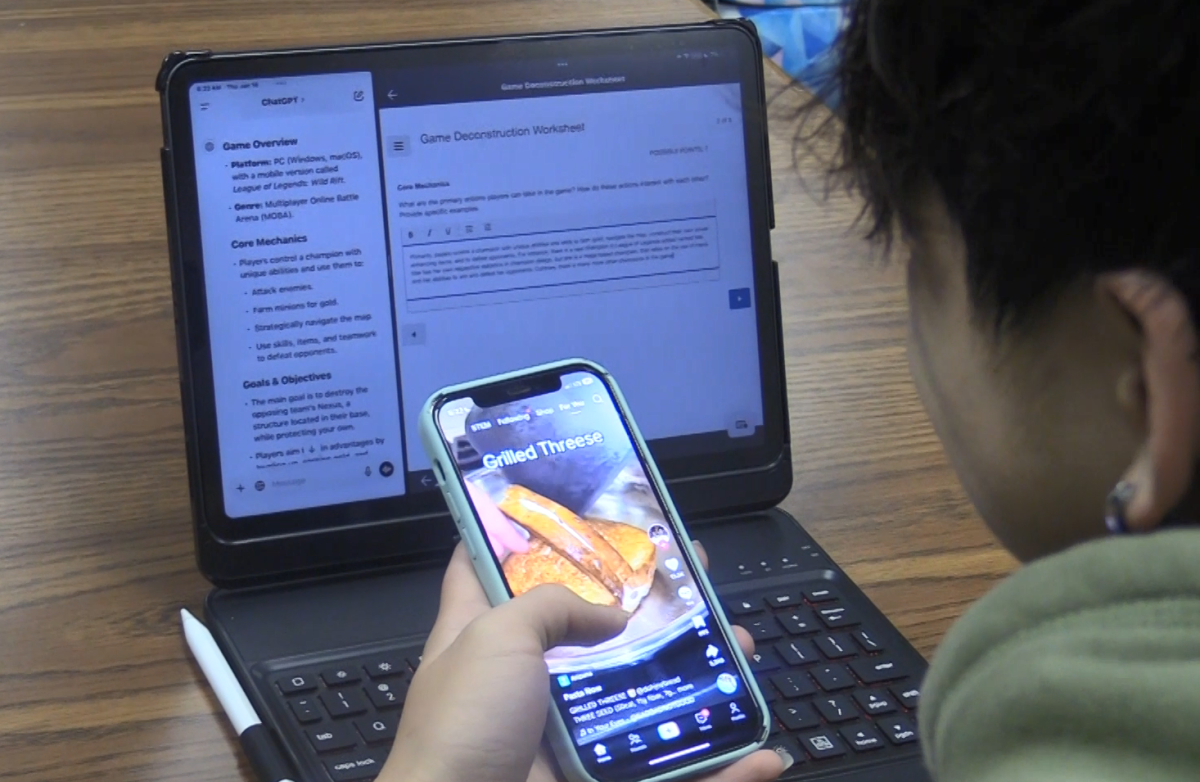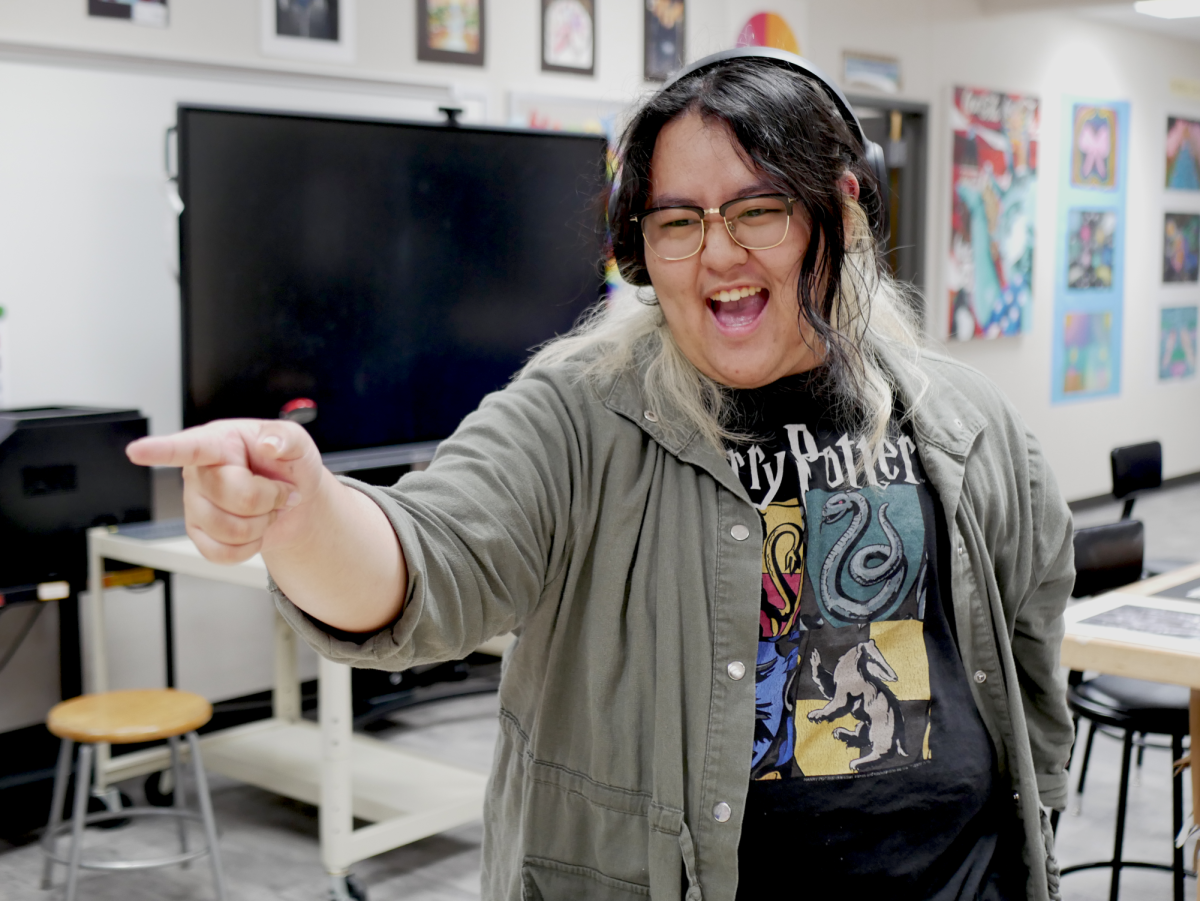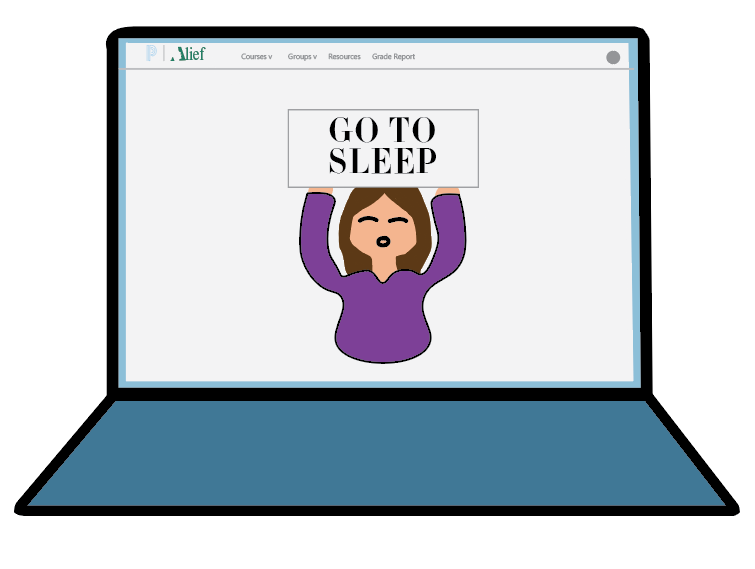Heads duck down as nimble fingers scroll through touchscreen surfaces. As the video starts to play, others gather around to closely observe in awe.These actions mark the beginning of the Bring Your Own Device system. Its purpose is to assist students who cannot access the limited numbers of school computers or laptops.
Sophomore Christopher Flores believes this new system is a huge improvement from the previous.
“Last year I had to spend a lot of time checking out the computer, logging in, opening the web browser in a slow process,” Flores said, “but now, all I have to do is turn on my phone and log into eChalk without waiting for someone to leave a computer open.”
The enormous variety of online access has already shaped the school and the students in such a way that work can be done more efficiently.
Junior Tonny Nguyen can agree.
“My phone has limited internet access because of its data plan, and I can use the B.Y.O.D. system to listen to music without getting the chance of being charged for my data usage.” Nguyen says. “Usually, music can help me work better and add motivation while I’m doing boring school work.”
The first rumors of B.Y.O.D were heard five years ago, until confirmation came last year. This brought a rush of excitement around the school. The system was promised at the beginning May of 2014, but didn’t arrive on campus until the last few weeks of school. Several regulations and restrictions in releasing B.Y.O.D caused this delay.
“We are bound by a number of laws intended to prevent students from accessing websites that are considered inappropriate for school,” Technology Specialist Cynthia Payne said. “The Children’s Internet Protection Act (CIPA) has some very strong requirements that we must fulfill in order to continue to receive the funding that allows us to provide Internet access.”
While it was difficult to obtain Wi-Fi, it is equally difficult to keep it for its intended purposes.
“One problem that has occurred is that some students have downloaded very large files, including movies and software, such as BitTorrent files, through the system,” Payne said.
Alief will be monitoring all actions done through devices connected with the Wi-Fi, such as downloads, websites, videos, etc. This is to ensure that the intended purpose of B.Y.O.D is working out successfully, as Alief is responsible for any illegal activities done through the system. Alief needs to monitor actions to observe whether the intended use of B.Y.O.D is actually valid, such as researching, and doing work, and not distractions, like games, videos, etc.
However, with privilege comes responsibilities. Maintaining B.Y.O.D. is something that should be respected, Payne says.
Sophomore Nathan Tadesse agrees.
“I typically use B.Y.O.D. to get ahead on my PAK work, and to make school work easier, but realizing that people are taking an enormous advantage of this system only to get a chance of it being removed is terrible, especially for its first year.” Tadesse said.
Alief has to spend an enormous amount of money annually for online access and a large percentage of the discretionary funds goes towards technology. The district has to pay for B.Y.O.D. to provide student and staff this access and also to provide a filter to prevent any access to questionable material.
“If the trend is for students to use the network for things other than learning it is likely that the district will discontinue the pilot and put BYOD back on the shelf.” She said.
There’s still hope that Alief will not need to monitor the actions of students as strictly in the future. If there is a delicate balance between school work and play, B.Y.O.D. will be safe.
“We have faith in the maturity of Kerr students and are committed to making the pilot successful,” explains Payne. “The future of BYOD is something that remains to be seen. Potentially, this could be a game changer for Kerr.”

